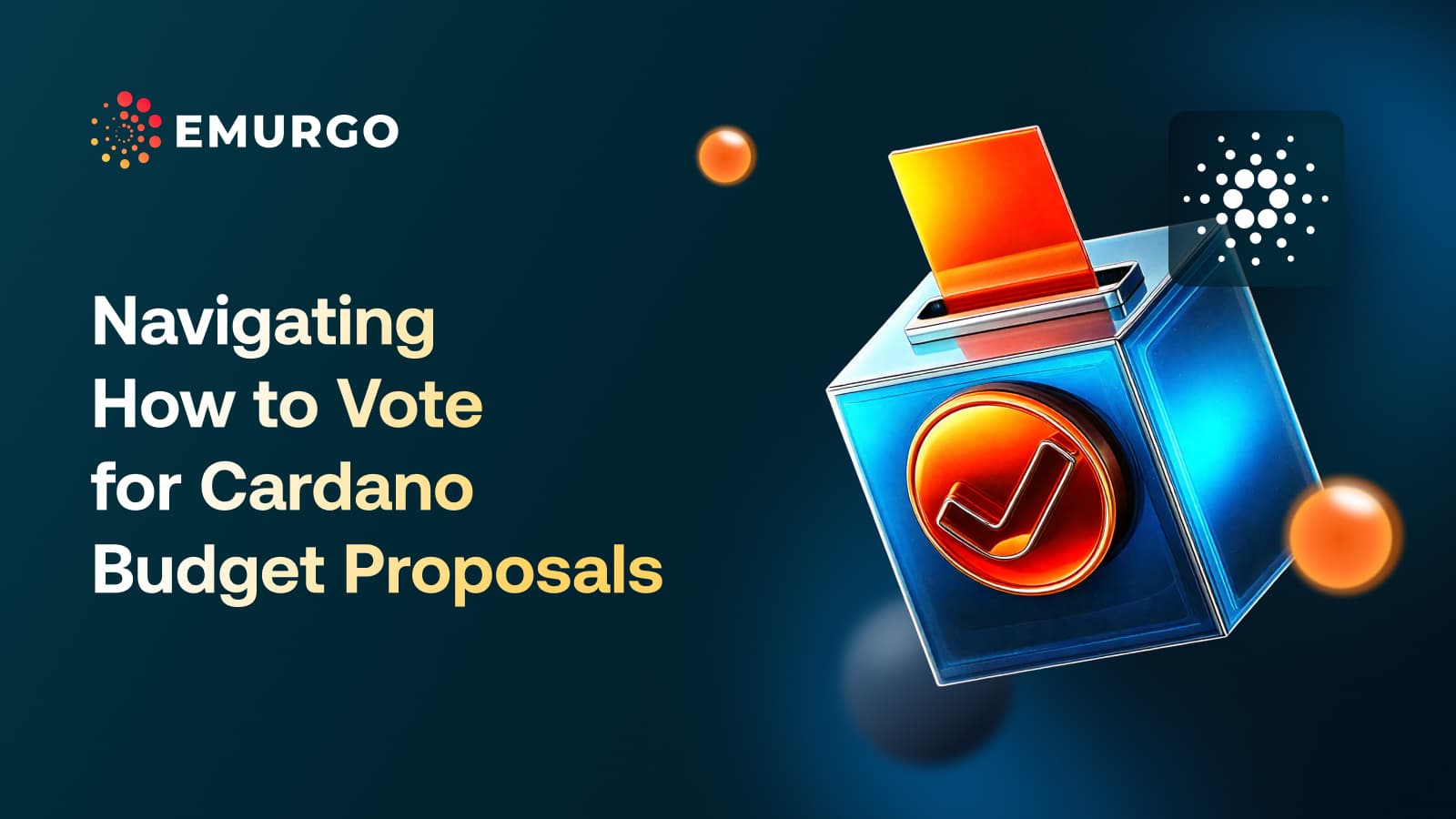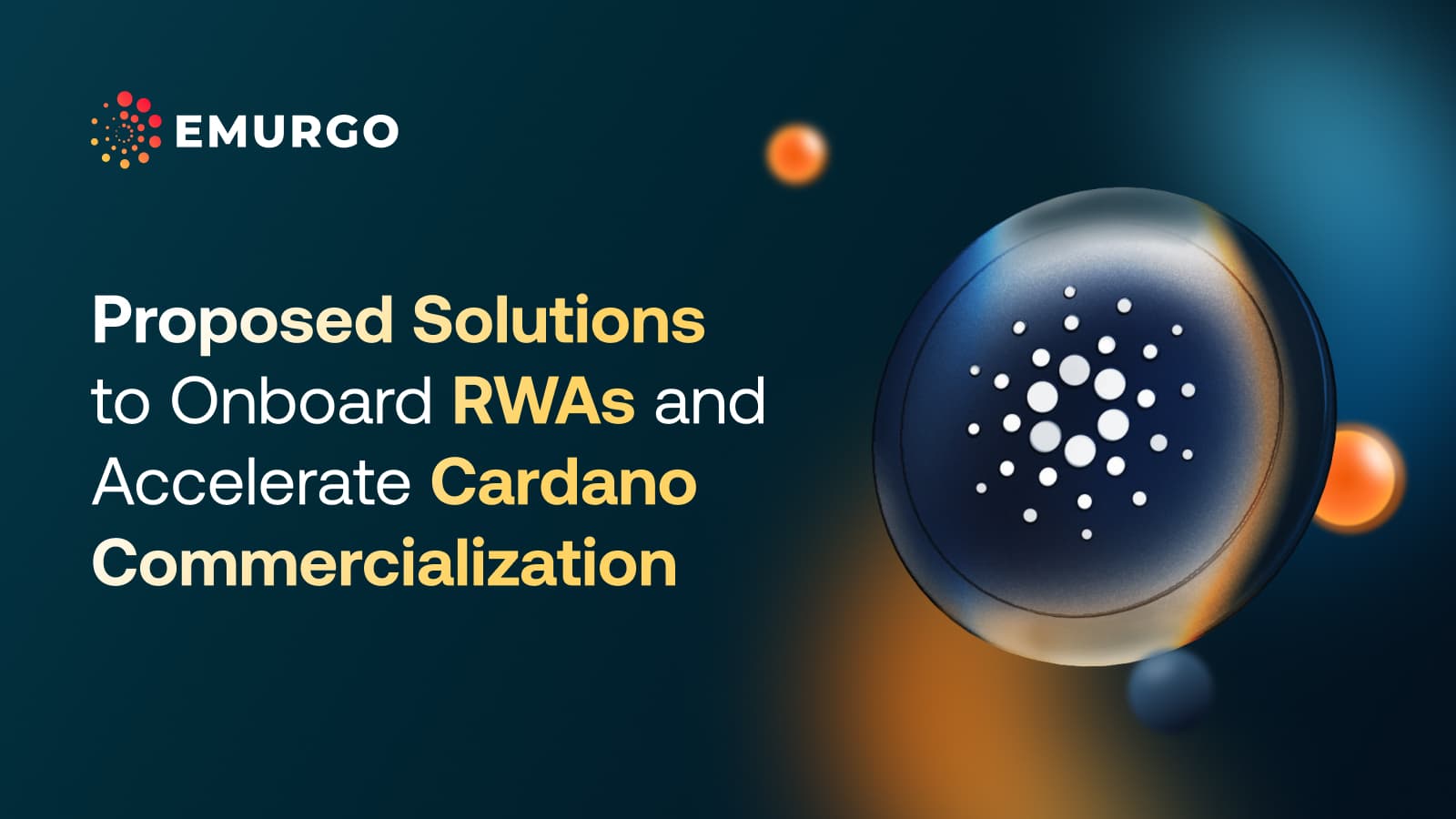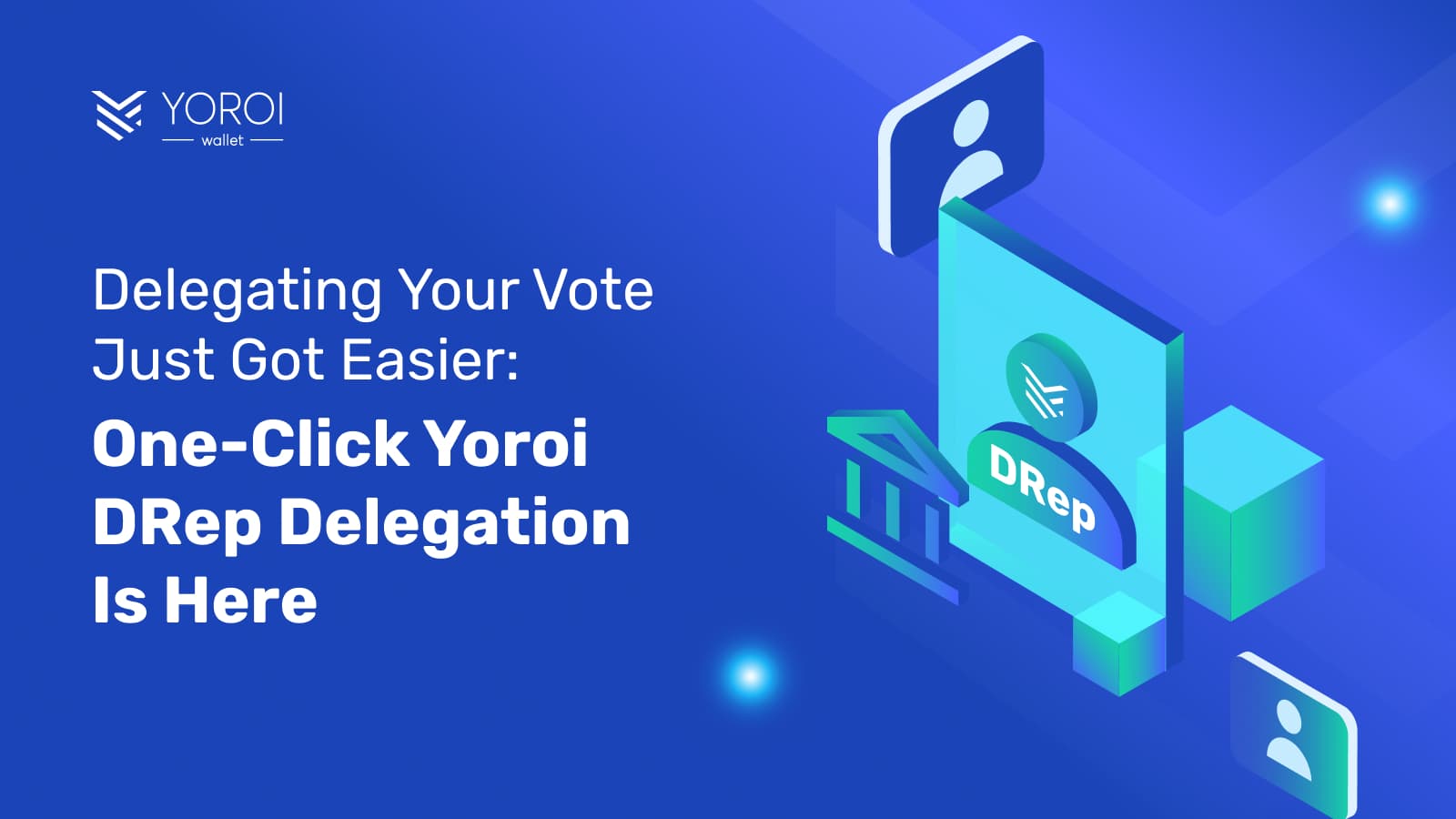The music industry is filled with a vast number of stakeholders including record labels, publishing companies, musicians, fans, artist agencies, and other affiliated companies, all over the world.
Over the past several decades, it has seen a technological progression in recorded music formats from vinyl to cassette tapes to CDs to MP3s, and now streaming. Along with this evolution, control has also gradually shifted from large record companies and music publishing companies to the musicians themselves.
While large music companies continue to still have a significant presence in the industry by having many resources at their disposal, the emergence of blockchain technology has now presented viable alternative solutions for independent music artists to give them more control over their music and careers.
Here are 5 examples of how blockchain-based NFTs (non-fungible tokens) can be a much-needed solution for these musicians today.
Music royalties have commonly been and still are a contentious subject in many cases, especially between artists and record labels. Many lawsuits have been filed between labels, distributors, agents, and musicians around the distribution of royalties, with musicians typically claiming to have been compensated unfairly. In most cases, these royalty rights are unclear or convoluted, leading to protracted court battles.
Nowadays, by using decentralized blockchain technology, NFTs are not only a type of digital token that can represent a specific asset, but they can also represent a set of clearly established rules for an asset.
This can enhance transparency and clarity for the musician, record label, and other stakeholders. Artists who wish to stay independent can also receive more benefits by going directly to consumers.
For example, there can be an NFT issued by a musician that represents a particular song. This NFT is minted on a blockchain network and the data is stored there. This blockchain network is maintained and kept secure by other participants who are incentivized to do so. Within the NFT’s metadata, the distribution of royalties and proceeds from the song can be encoded in a way that is clear for all parties and also made immutable. From that point forward, every transaction involving the NFT must always follow the same rules.
Any stakeholder is also able to review these sets of conditions at any point and ensure that the distribution is fair for all parties.
Related reading:
Copyright-related issues are another major problem in the music industry. Today, the internet is a huge global sea of information and many content creators use pieces of copyrighted music they find in their social media videos. While some platforms are quick to remove such pieces of content, many still are unable to do so effectively.
Thus, in these cases, proper attribution and compensation to the copyright holder is not given.
Commonly, this comes down to the complexity of buying song rights and finding where to get them.
However, songs represented as NFTs can represent an established, open market for these pieces of music. Through a consolidated marketplace that lists NFTs of songs and recorded music, they can be used properly by content creators and media companies while also compensating the original copyright holder.
If a segment of a song is only used, NFTs can also be priced fractionally, enabling buyers to pay partially.
By having stronger copyright enforcement, copyright holders can grab more profits from the purchase of their music NFTs. Artists who own these copyrights can then benefit.

Another advantage of NFTs is that they are easier to share and distribute due to their digital nature.
While music can be purchased online these days, this is still mostly done through a centralized platform that takes commissions and stores user data. Settlement for artists and companies can also take several days up to weeks.
However, when music is represented as NFTs, it can be distributed and settled instantly on a blockchain ledger. This enables the transfer of music and payments to be bundled in a single transaction. A consumer or fan would just need a digital wallet that can store, send, and receive NFTs, and be able to pay using cryptocurrencies.
Payment settlements and music purchases would be instantaneous.
If going direct to consumers, independent musicians could have a global reach with their audience while receiving payments immediately.
Payments on a global scale are a difficult problem. Music platforms usually have to deal with several intermediaries which take commissions from sales and settlements typically take time. Musicians also need to wait for enough money to accumulate before they can withdraw anything from their earnings.
However, NFTs are part of a particular blockchain, where payments are conducted using a token or cryptocurrency issued on that network. Any amount is instantly transferred to the wallet selling an NFT, plus the wallet that collects royalties. This all happens under a single technological system. There is no need to have a separate payment layer.
This can mean a potential reduction of the entire burden of fees and the complexity of international payments. The result could support artists to collect more money from their sales and also have direct payments from their followers.
Artist promotion and connecting with consumers is as much a part of their overall success as the music itself.
NFTs have the potential to deliver unique value in these areas as well.
Their technological properties allow for free “NFT drops,” meaning musicians can distribute samples of their music for free to hundreds of people directly to their digital wallets. They can also allow for certain types of exclusive fan rewards distributed to every wallet that holds an NFT from a singer or band, instantly creating a community.
These NFTs can then be collected and resold, kept as a commemorative item, or even redeemed for other items or benefits from the musician or company issuing them.
As the most passionate music fans tend to be of a younger demographic, they are also more technically inclined and more likely to embrace new emerging technologies such as NFTs.
This bodes well for musicians who are willing to experiment and integrate the usage of such technologies to attract new fans, increase fan engagement, and enhance control over their careers.
NMKR is an NFT and Tokenization platform service leveraging the Cardano blockchain. It enables businesses and individuals to easily mint NFTs without having to code by providing simple-to-use tools.
Having already partnered with Tiamonds to issue and sell NFTs of physical diamonds and Book.io to tokenize e-books, NMKR has demonstrated successful use cases for NFTs using its platform.
Musicians can also utilize the platform to mint NFTs to receive some of the benefits listed above.
Follow EMURGO on X and LinkedIn to receive weekly updates and blog content on blockchain use cases, NFT insights, Cardano ecosystem news, and more.
About EMURGO
- Official Homepage: emurgo.io
- X (Global): @EMURGO_io
- YouTube: EMURGO channel
- Facebook: @EMURGO.io
- Instagram: @EMURGO_io
- LinkedIn: @EMURGO_io
Disclaimer
You should not construe any such information or other material as legal, tax, investment, financial, or other advice. Nothing contained herein shall constitute a solicitation, recommendation, endorsement, or offer by EMURGO to invest.



